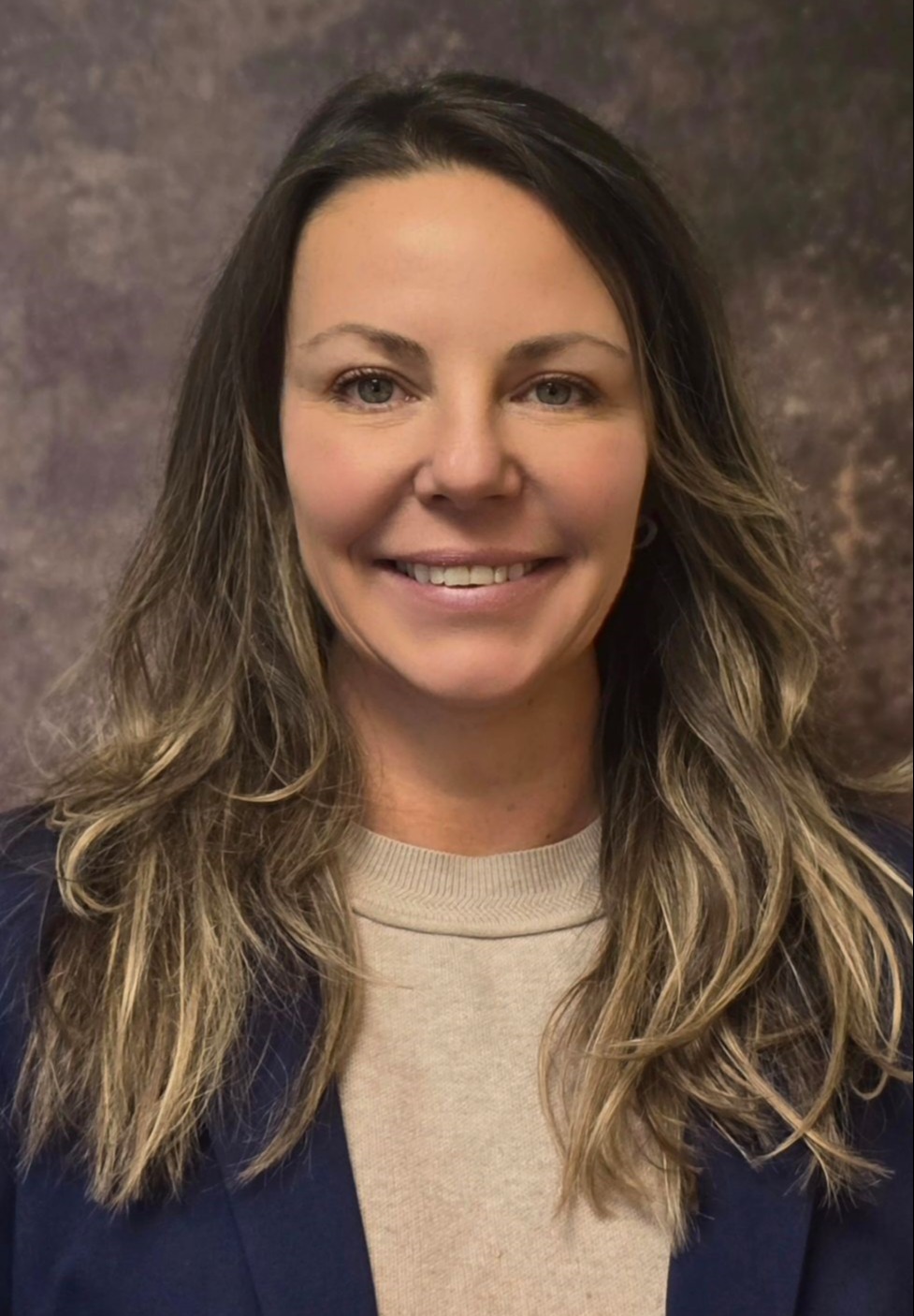
Dorota Micale
Director of Resource Development
(352) 463-4408 Phone
(352) 463-3276 Fax
micaled@mygcsd.org
Julie Fricke
FIT Liaison for Bell Schools
Sara Gartin
FIT Liaison for Trenton Schools
(352) 463-3200
frickej@mygcsd.org
Regina Dickey
Title IX, Part A Coordinator
NEFEC
Serving: Gilchrist & Dixie Counties
TBD Phone
(352) 463-3276 Fax
dickeyr@nefec.org
310 NW 11th Avenue
Trenton, Florida 32693
Contact Information for the State Homeless Liaison:
Mr. Skip Forsythe
FL Dept of Education
325 West Gaines, Suite 352
Tallahassee, FL 32399-0400
Phone: (850) 245-0668
Fax: (850) 245-0670
Skip.Forsythe@fldoe.org
School Level Contacts
Trenton Elementary School
Lindsey Egstrom, Counselor
egstroml@mygcsd.org
(352) 463-3224
Angela Loy, Counselor
Loya@mygcsd.org
(352) 463-3224
Bell Elementary School
Melissa McDilda, Counselor
mcdildam@mygcsd.org
(352) 463-3275
Melissa McDilda, Counselor
(352) 463-3275
mcdildam@mygcsd.org
Trenton High School
Dana Smither, Counselor (6 - 8)
smithersd@mygcsd.org
(352) 463-3275
Lynette Langford (grades 9-12))
langfordl@mygcsd.org
(352)-463-3210
Bell High School
Lillian Weeks (grades 9-12)
weeksl@mygcsd.org
(352) 463-3232
Xina Leggett (grades 6-8))
leggettx@mygcsd.org
(352) 463-3232
(F.I.T.) Family in Transition
The Families in Transition program is in accordance with the McKinney-Vento Homeless Assistance Act; reauthorized as Title IX of Every Student Succeeds Act (ESSA) in July 2016. This legislation requires that all children, including preschool age, experiencing homelessness have the same rights to a free and appropriate public education as housed children.
Definition of Homeless
According to the federal law, McKinney-Vento Act, children and youth are considered homeless if they lack a fixed, regular, adequate night-time residence:
Any student who is sharing the housing with others due to economic hardship, job loss, eviction/foreclosure or any similar circumstances (doubled up)
Any student who is living in cars, trailer parks, campgrounds, public spaces, abandoned buildings or substandard housing
Any student who is living in hotels or motels
Any student who is living in an emergency or transitional shelter, a student who has been abandoned in a hospital
Any student who is an unaccompanied youth (not in the physical custody of a parent or guardian) in any of the above-mentioned circumstances
Migratory children who are living in any of the above-mentioned circumstances
Rights and Services
School Selection
Students experiencing homelessness have two school enrollment options — the school of origin or the zoned school in their new location. The school of origin is the school that the student last attended before losing housing. Students who are in homeless situations must remain in their school of origin unless it is against the wishes of the parents or guardians, and only if it is in the best interest of the student. Students may remain in their school of origin the entire time they are experiencing homelessness and until the end of any academic year in which they move into permanent housing.
Enrollment
School districts must immediately enroll students who are in homeless situations, even if they do not have required documents, including school records, medical records and proof of residency. It is encouraged to provide these documents as soon as possible after the student is enrolled. For assistance with obtaining such documentation, please contact <Add Contact>
Transportation
At a parent or guardian’s request, or in the case of an unaccompanied child or youth experiencing homelessness, transportation to and from their school of origin must be provided.
Free Meals
Students who are experiencing homelessness automatically qualify for free meals. Immediate eligibility is granted; no formal application is necessary.
DISPUTE PROCESS
The following process will be utilized should a dispute arise concerning the placement of a student eligible under the McKinney-Vento Act:
1. The school immediately admits the homeless student (e.g., school of origin or the school of residency) in the school which enrollment is sought, pending resolution of the dispute.
2. The school provides a written explanation of its school selection or enrollment decision to the parent or guardian of the student or unaccompanied youth, including his or her right to appeal the decision, both to the LEA and to the FDOE, if the LEA-level resolution is not satisfactory.
3. The school refers the child, youth, parent, or guardian to the local homeless liaison.
4. The local homeless liaison carries out the dispute resolution process within ten working days after receiving notice of the dispute.
5. The local homeless liaison, in the case of an unaccompanied youth, ensures the youth is immediately enrolled in school pending resolution of the dispute.
